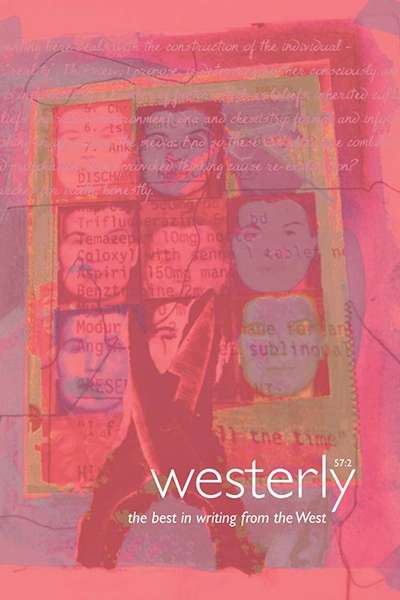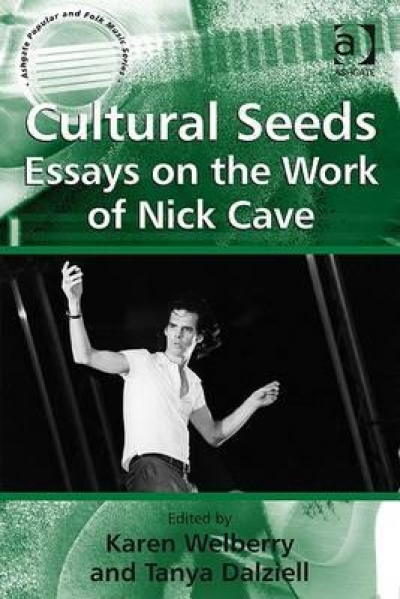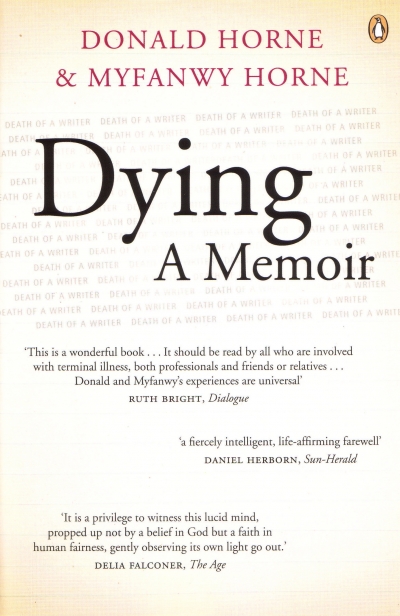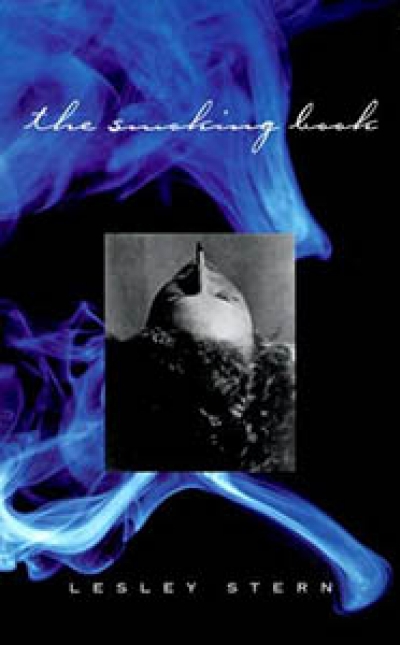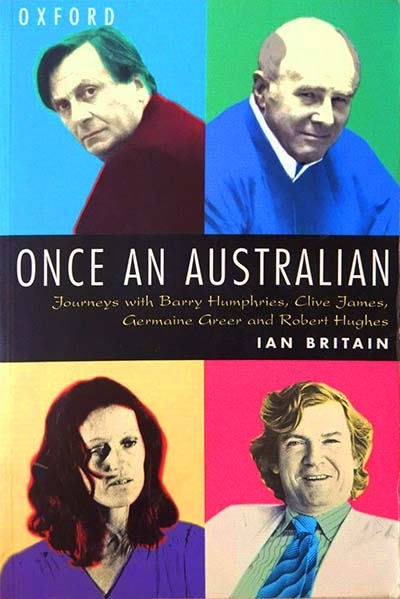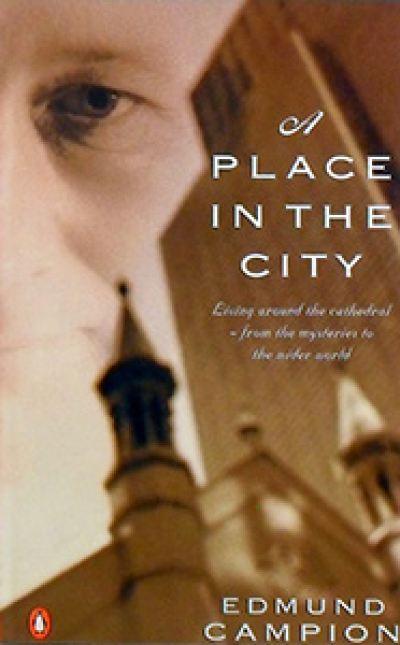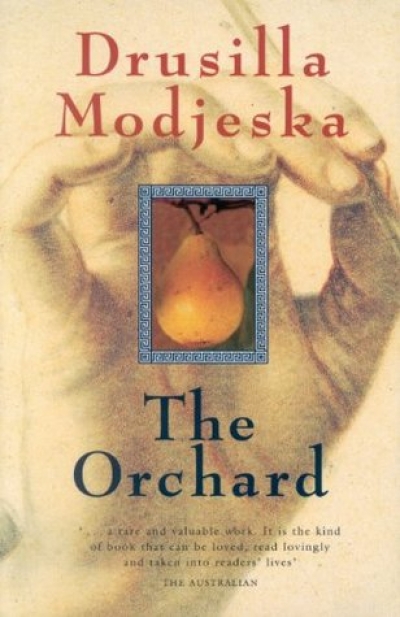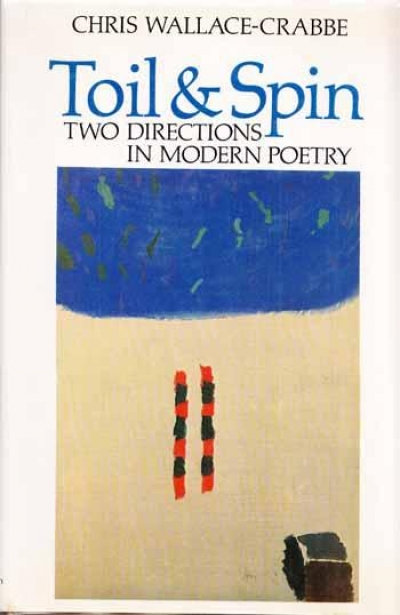Essays
Westerly Vol. 57, No. 2 edited by Delys Bird and Tony Hughes-d’Aeth
Cultural Seeds: Essays on the work of Nick Cave edited by Karen Welberry and Tanya Dalziell
Holden Caulfield is a garrulous bore. Seymour Glass is a phoney. Franny and Zooey are spoiled brats. And J.D. Salinger is a media tart. All these things are partly true. To take the last first: there is surely a ring of truth about Imre Salusinzsky’s recent spoof obituary in which Jay Leno and David Letterman are quoted expressing their sadness at the loss of a favourite regular guest who was always ready to front up and sparkle as he promoted an endless succession of Catcher in the Rye merchandise. Salinger, who died on January 27, aged ninety-one, may not have done such things, but at least one of his alter egos might.
... (read more)Dying: A memoir by Donald Horne and Myfanwy Horne
It has been raining all week, persistent drizzle unlike the brief downpours that are more typical of Beirut. The city is slumbering. I am staying with my parents. My father goes out less often. My mother is snuggled under the blankets. She hopes the war won’t happen. The kettle is boiling like a purring cat. The house is quiet. Rain is the soporific of cities.
... (read more)
